Meta's Canadian news blockade is about more than just money
The simmering battle over posting — and paying for — news is heating up, right as some Canadians say it matters most

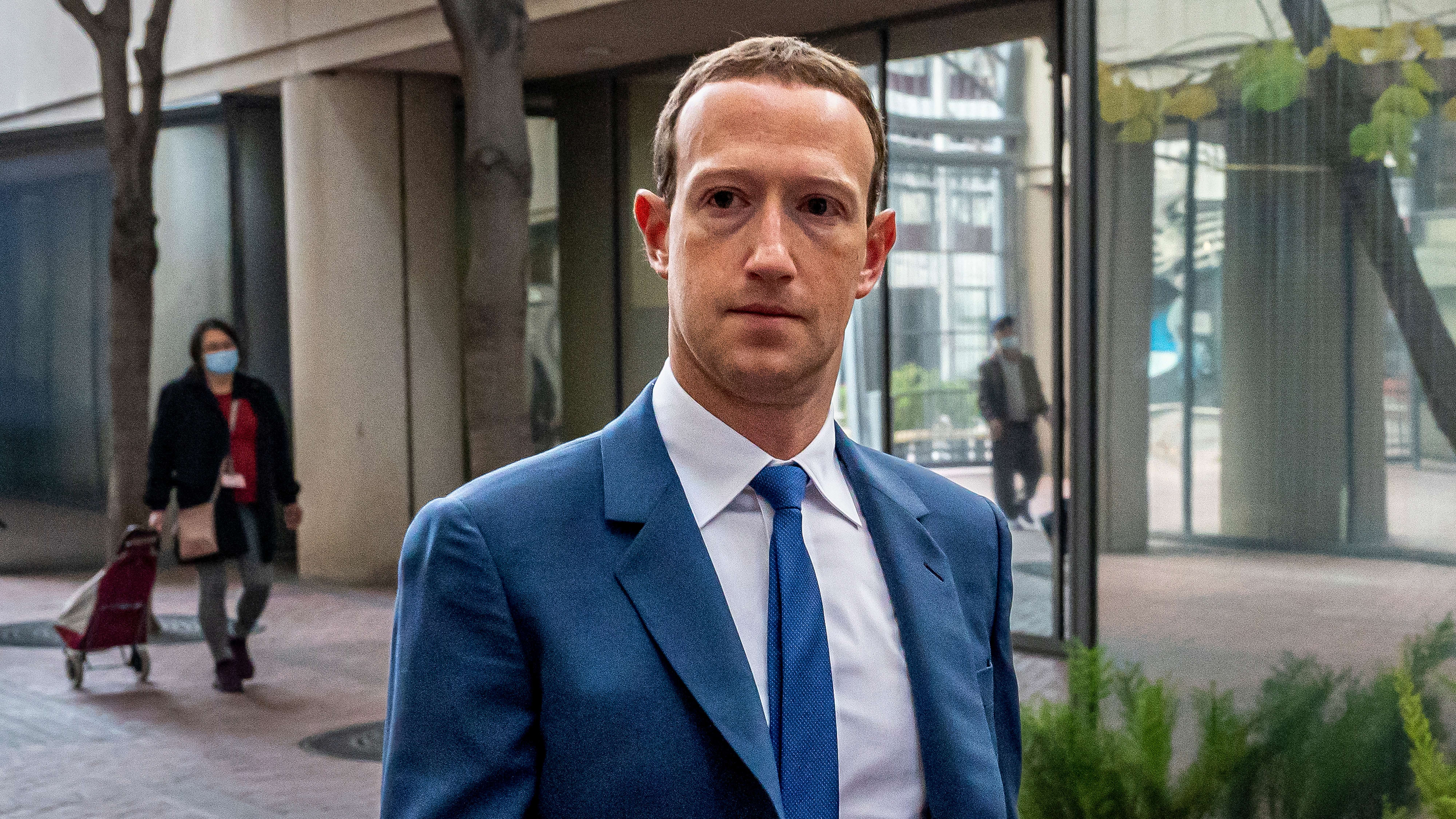
A free daily email with the biggest news stories of the day – and the best features from TheWeek.com
You are now subscribed
Your newsletter sign-up was successful
When the Canadian parliament passed the benignly named Online News Act this summer, its goal was to ensure "fair revenue sharing between digital platforms and news outlets," according to a government summary of the legislation. In effect, the law requires search engines and social media giants to "engage in a bargaining process — and binding arbitration, if necessary — for licensing news content for their use" so that news outlets are adequately compensated for driving usage on those various distribution platforms, The New York Times reported. "A strong, independent and free press is fundamental to our democracy," Canadian Transport Minister Pablo Rodriguez wrote on X, formerly known as Twitter, after the bill was signed into law. "The Online News Act will help make sure tech giants negotiate fair and equitable deals with news organizations."
Rodriguez's prediction, however, proved to be at least partially premature. Rather than bring news outlets and social media platforms to the bargaining table together, the Online News Act has sparked a digital Canadian crisis. This month, Meta, the digital juggernaut behind Facebook and Instagram, began blocking news articles from appearing in Canadian users' feeds months before the law is set to take effect. In a statement posted to Google's website, Kent Walker, president of global affairs for Google and its parent organization Alphabet, vowed to follow suit and "remove links to Canadian news from our Search, News and Discover products in Canada." Given the ubiquity that platforms like Google and Facebook enjoy across much of the world, this fight over fair compensation for news outlets is more than just a question of money.
The potential to 'devastate'
Although originally drafted to ostensibly help news companies, the Online News Act has the "potential really to devastate a number of Canadian media outlets," Michael Geist, a professor of e-commerce law at the University of Ottowa, told Politico. The threat, Geist said, is threefold, involving the "loss of new revenue as anticipated from the legislation, the loss of existing revenue from deals [with the tech companies] that get canceled, and the loss of referral traffic that will simply disappear" as more and more stories are blocked. The law will "disproportionately hurt smaller and independent media outlets," Geist added in a separate interview with the Times. Technology writer Cory Doctorow agreed, noting that smaller outlets will "have to form bargaining units" and will be at a disadvantage against bigger media conglomerates that are able to negotiate with the social media giants directly, he told Slate. If Google is the "only one that can afford to pay for the one great news entity that everyone looks to," the end result is to lock out "those who need the support most."
The Week
Escape your echo chamber. Get the facts behind the news, plus analysis from multiple perspectives.

Sign up for The Week's Free Newsletters
From our morning news briefing to a weekly Good News Newsletter, get the best of The Week delivered directly to your inbox.
From our morning news briefing to a weekly Good News Newsletter, get the best of The Week delivered directly to your inbox.
Meanwhile, Canadians simply trying to access the news have been left in a dangerous lurch — particularly as wildfires ravage the country's Northwest Territories and elsewhere. "Misinformation about the fires is rife on Facebook," according to The Guardian, as citizens circumvent Meta's blockage by "taking screenshots of news stories and then sharing these with their social networks," or turning to broadcast radio as a "dependable and easily accessible source of timely information," The Conversation reported.
'Eyeballs ... are the most valuable commodity'
"Meta is betting that Canadians will keep flocking back to their platforms, no matter how much disdain they demonstrate for our laws and for our news media," the Friends of Canadian Broadcasting advocacy group wrote on its website, calling for users to boycott Meta products like Instagram in late August. "At the end of the day, our eyeballs on their platforms are the most valuable commodity Meta has."
Meanwhile, the Canadian government itself "has options," Minister Rodriguez said during a Senate transport and communications committee meeting this summer. According to the National Post, that could include pulling the millions of dollars the government spends on Meta services, as well as playing up the "reputational impact" Meta could face as a result of its ban. Highlighting a 2021 standoff over a similar Australian bill, former Australian Competition and Consumer Commission head Rod Sims pointed out to Politico that "in the end, both Facebook and Google caved in."
A free daily email with the biggest news stories of the day – and the best features from TheWeek.com
Rafi Schwartz has worked as a politics writer at The Week since 2022, where he covers elections, Congress and the White House. He was previously a contributing writer with Mic focusing largely on politics, a senior writer with Splinter News, a staff writer for Fusion's news lab, and the managing editor of Heeb Magazine, a Jewish life and culture publication. Rafi's work has appeared in Rolling Stone, GOOD and The Forward, among others.
-
 Local elections 2026: where are they and who is expected to win?
Local elections 2026: where are they and who is expected to win?The Explainer Labour is braced for heavy losses and U-turn on postponing some council elections hasn’t helped the party’s prospects
-
 6 of the world’s most accessible destinations
6 of the world’s most accessible destinationsThe Week Recommends Experience all of Berlin, Singapore and Sydney
-
 How the FCC’s ‘equal time’ rule works
How the FCC’s ‘equal time’ rule worksIn the Spotlight The law is at the heart of the Colbert-CBS conflict
-
 House votes to end Trump’s Canada tariffs
House votes to end Trump’s Canada tariffsSpeed Read Six Republicans joined with Democrats to repeal the president’s tariffs
-
 ‘My donation felt like a rejection of the day’s politics’
‘My donation felt like a rejection of the day’s politics’Instant Opinion Opinion, comment and editorials of the day
-
 ‘It’s good for the animals, their humans — and the veterinarians themselves’
‘It’s good for the animals, their humans — and the veterinarians themselves’Instant Opinion Opinion, comment and editorials of the day
-
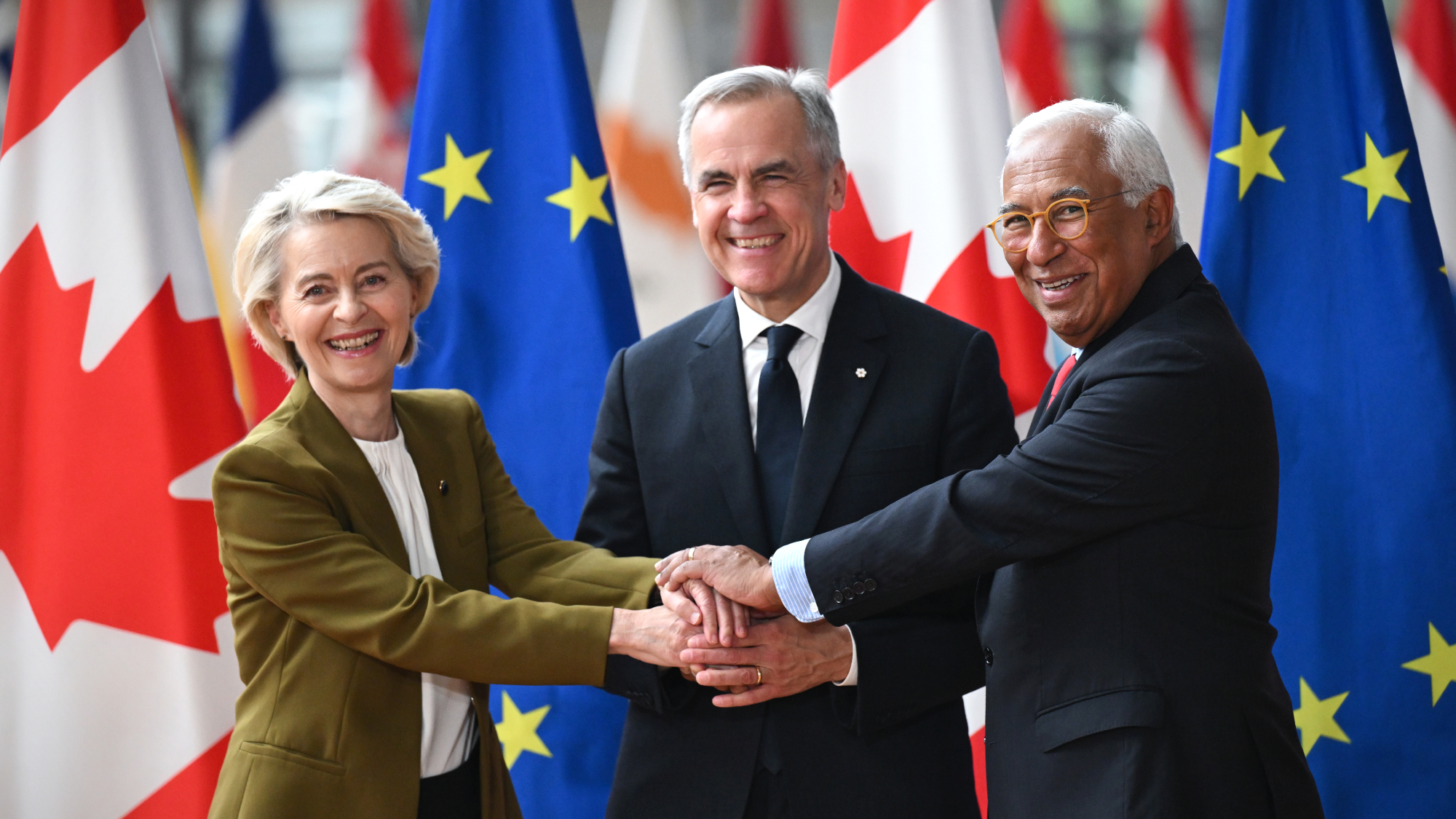 Canada joins EU’s $170B SAFE defense fund
Canada joins EU’s $170B SAFE defense fundspeed read This makes it the first non-European Union country in the Security Action for Europe (SAFE) initiative
-
 ‘Security is no longer a function only of missiles and fighter jets’
‘Security is no longer a function only of missiles and fighter jets’Instant Opinion Opinion, comment and editorials of the day
-
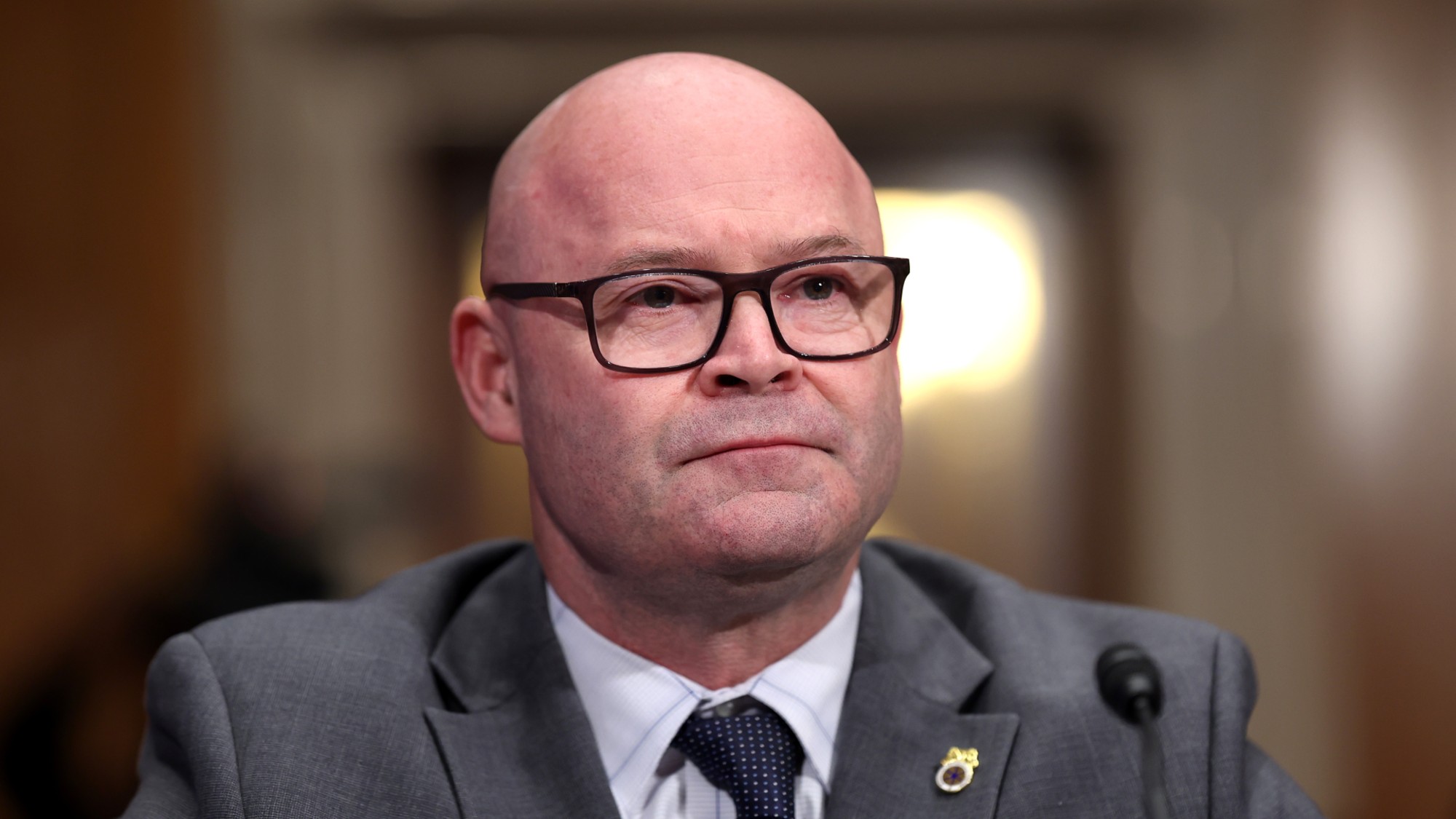 ‘Businesses that lose money and are uncompetitive won’t survive’
‘Businesses that lose money and are uncompetitive won’t survive’Instant Opinion Opinion, comment and editorials of the day
-
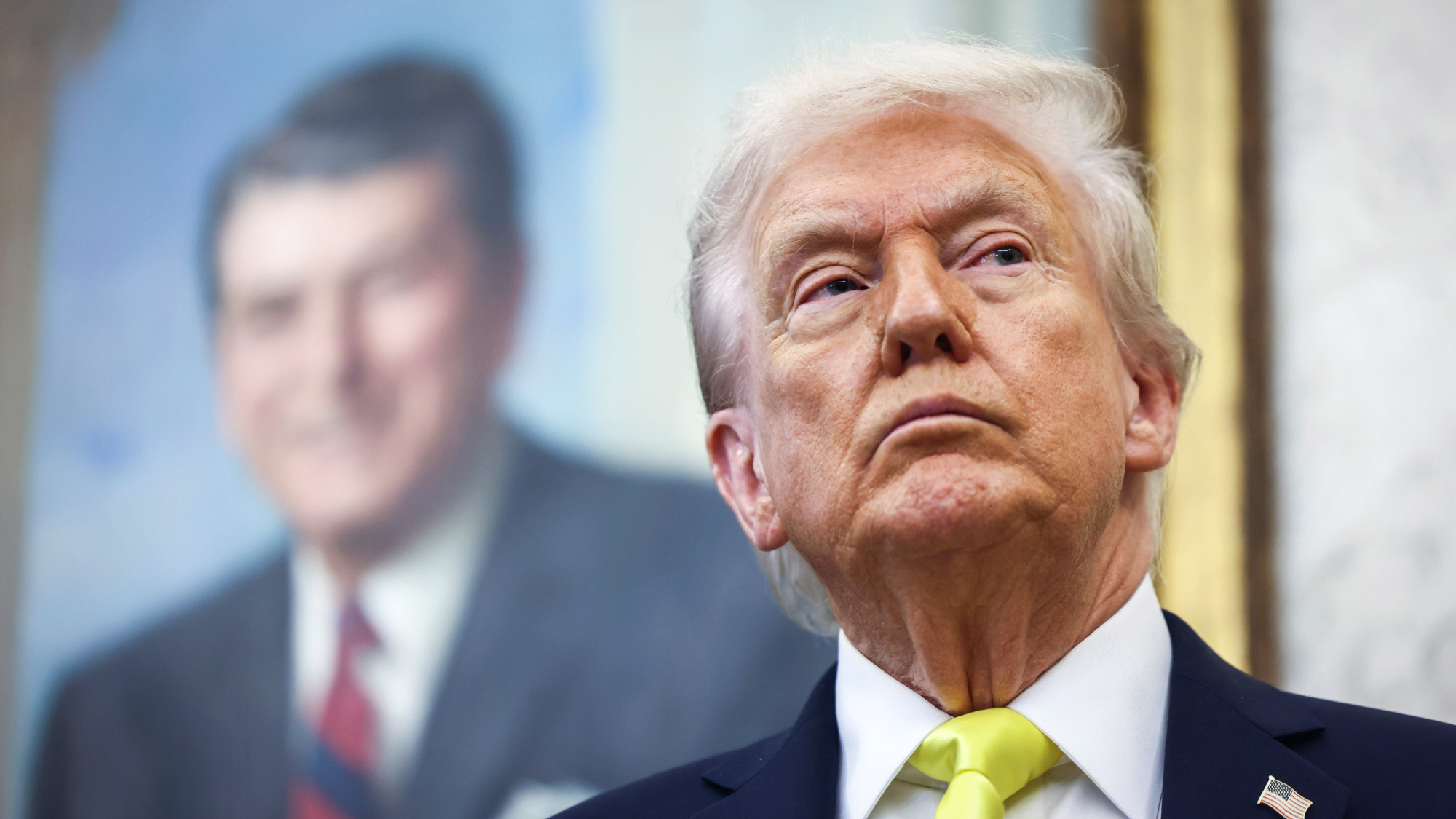 Trump vows new tariffs on Canada over Reagan ad
Trump vows new tariffs on Canada over Reagan adspeed read The ad that offended the president has Ronald Reagan explaining why import taxes hurt the economy
-
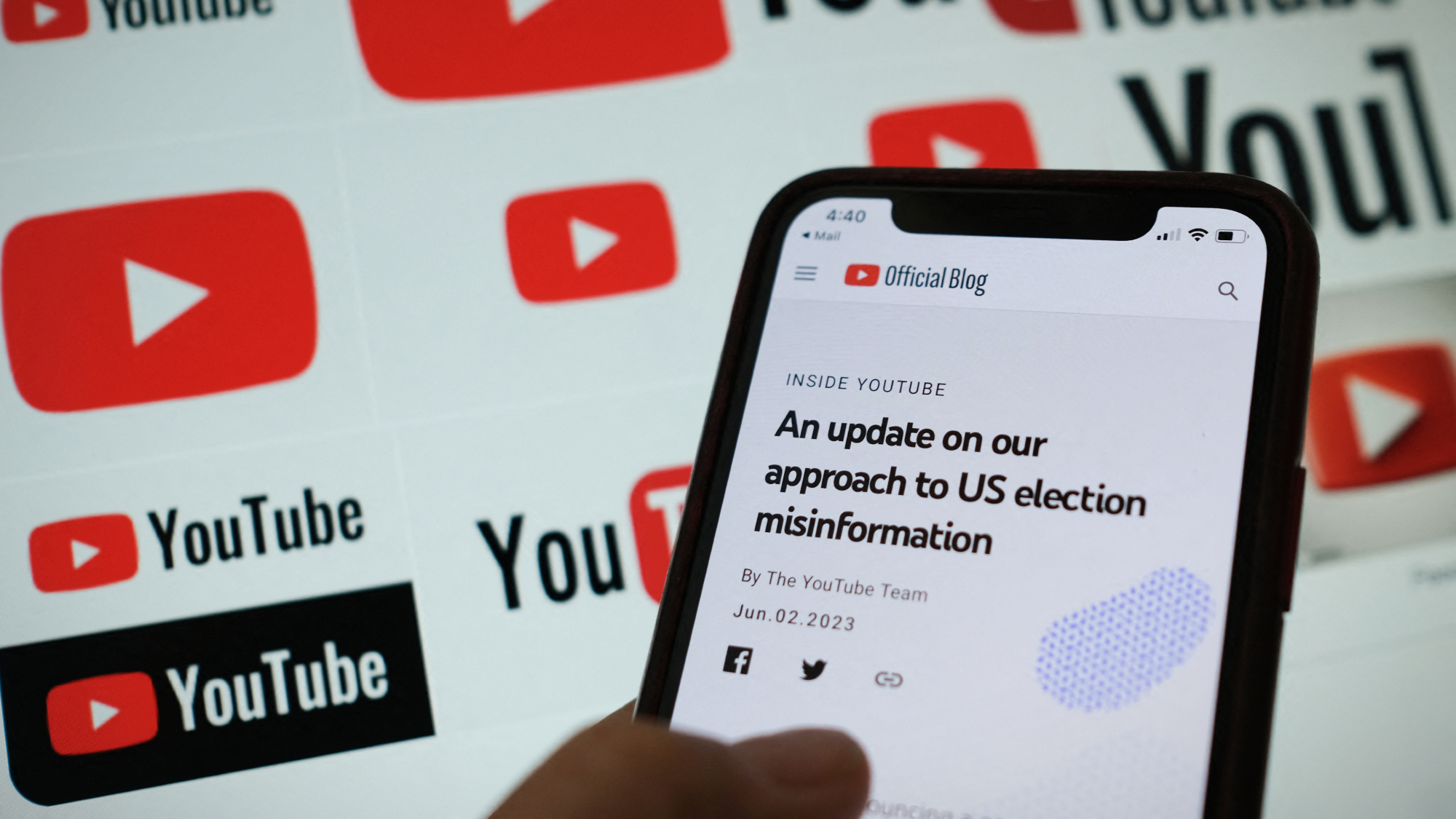 YouTube to pay Trump $22M over Jan. 6 expulsion
YouTube to pay Trump $22M over Jan. 6 expulsionSpeed Read The president accused the company of censorship following the suspension of accounts post-Capitol riot
